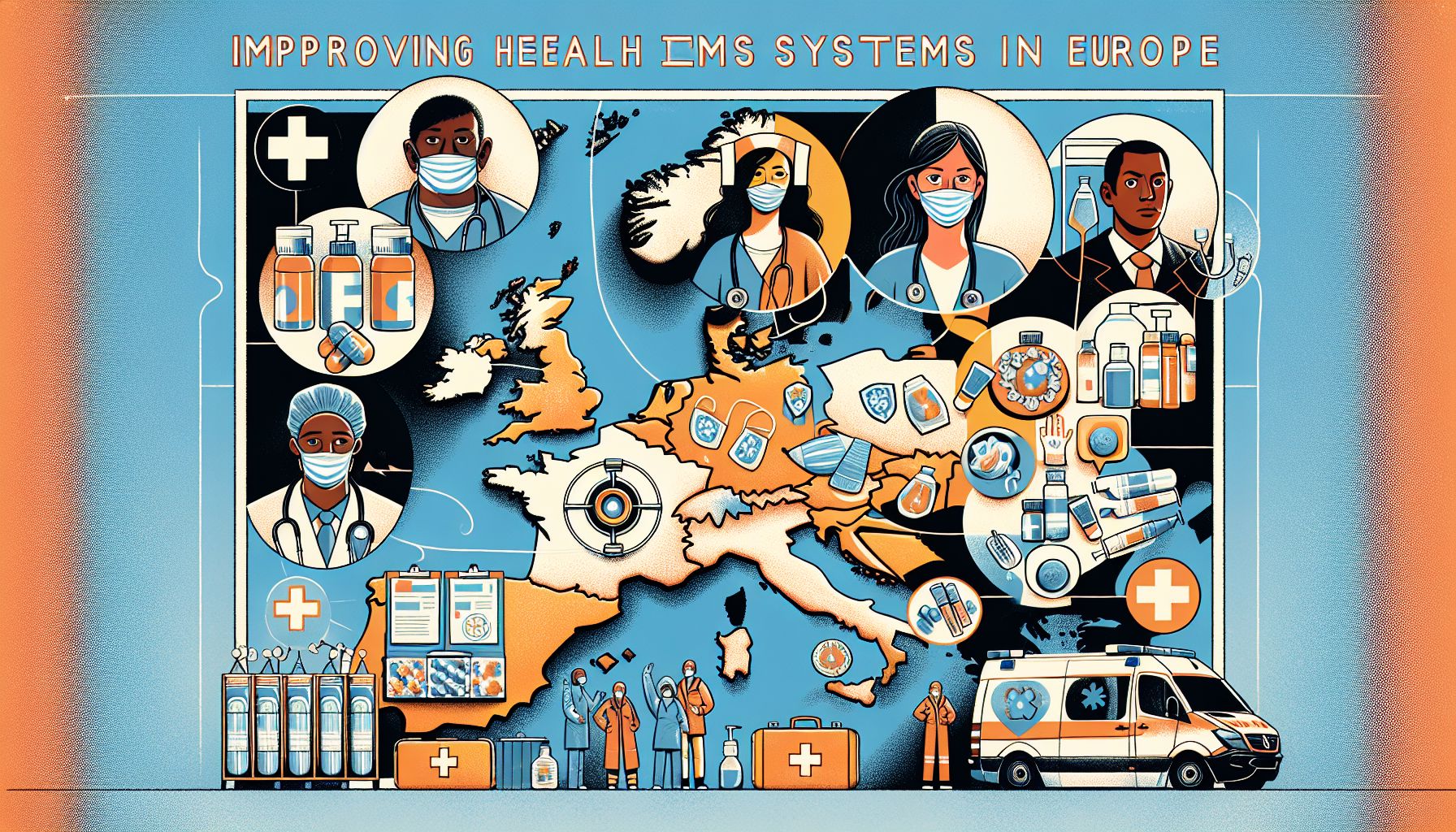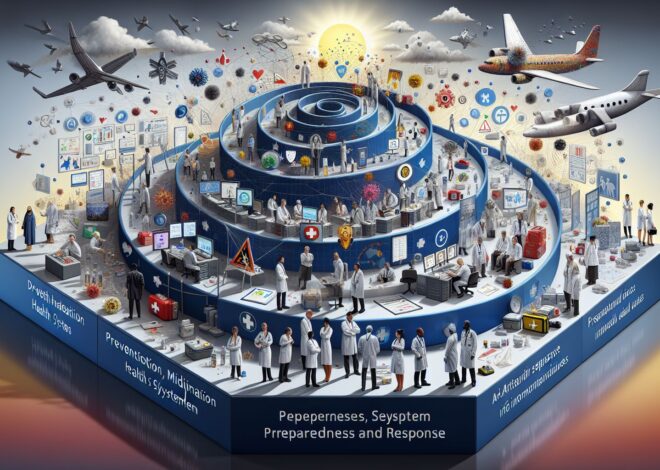
Strengthening European Health Systems: Preparedness and Response
The outbreak of the COVID-19 pandemic has highlighted the importance of strong and resilient health systems around the world. European health systems have faced unprecedented challenges over the past few years, but the crisis has also presented an opportunity to reassess and strengthen their preparedness and response capabilities. In this article, we will discuss the key areas that health professionals, policymakers, and concerned citizens should focus on to enhance the readiness of European health systems in the face of future health emergencies.
Preparedness
Effective preparedness is essential to ensure that health systems can respond promptly and efficiently to health crises. European health systems must invest in infrastructure, equipment, and personnel to enhance their capacity to handle a surge in cases. This includes ensuring an adequate supply of medical equipment, such as ventilators, personal protective equipment, and testing kits. Health professionals play a crucial role in preparedness by receiving specialized training in infectious disease control, outbreak management, and emergency response protocols.
Policymakers also have a responsibility to support preparedness efforts by allocating sufficient funding for public health initiatives, strengthening surveillance systems, and promoting international cooperation. By prioritizing investments in healthcare infrastructure and workforce development, policymakers can help build a more resilient and agile health system that is better equipped to handle future health emergencies.
Response
The ability to respond effectively to a health crisis is contingent on the preparedness of health systems. European health systems have demonstrated their resilience in the face of the COVID-19 pandemic, but there are still areas for improvement. A coordinated and multi-sectoral approach is essential to ensure a timely and comprehensive response to health emergencies. This includes collaboration between healthcare providers, public health agencies, government authorities, and other key stakeholders.
Health professionals are at the forefront of the response efforts, providing essential care to patients, conducting testing and contact tracing, and implementing infection control measures. Policymakers must support healthcare workers by ensuring their safety, providing them with the necessary resources and support, and involving them in decision-making processes. By valuing the expertise and dedication of healthcare professionals, policymakers can strengthen the overall response capacity of European health systems.
Concerned citizens also have a role to play in the response to health emergencies. By following public health guidelines, staying informed about the latest developments, and supporting vulnerable populations, individuals can help reduce the spread of infectious diseases and alleviate the burden on health systems. Civic engagement and community solidarity are crucial in times of crisis, and by coming together, Europeans can overcome any health challenge that they may face.
Conclusion
In conclusion, the COVID-19 pandemic has underscored the importance of preparedness and response in ensuring the resilience of European health systems. By investing in infrastructure, equipment, and personnel, enhancing collaboration between stakeholders, and promoting public health awareness, European countries can strengthen their ability to handle future health emergencies. Health professionals, policymakers, and concerned citizens all have a role to play in this collective effort to safeguard public health and well-being. By working together, Europeans can build a stronger and more resilient healthcare system that is better prepared to face any health crisis that may arise.



